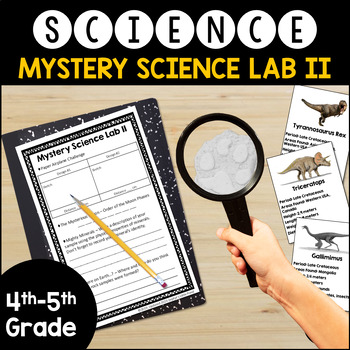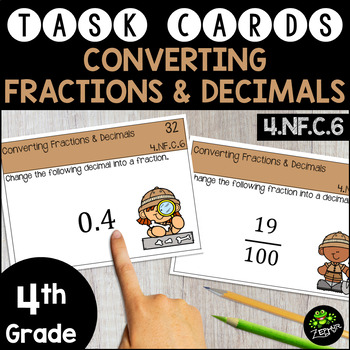
Back in college, I stumbled upon/came up with the idea of Mystery Science Labs. Ever since then, I've spent the last few days of the first week of school allowing my students the chance at their first lab.
It's great! The kids get to make some fun observations and handle objects they may or may not have ever seen before. Raccoon tails, gator claws, our live turtle (they don't get to hold/touch Donatello!), plant & animal cell samples, weird looking/smelling rocks & minerals...for many of them it's all new stuff. It's also an introduction into what we'll be learning about this year.
Better yet, I get to observe the kids. I can quickly see if the new kid is fitting in. Or if there are a couple of kids that most definitely should NOT be sitting next to each other, given the amount of horseplay/off task behavior going on. I also get a chance to gauge how well the class is at following directions and how respectful they are when handling materials. They're barely in 4th grade, but I've had groups that handled my materials so carefully and made sure everything was taken care of...and then I've had the flip side of that.
So then, why would I create a second set? Isn't the first set working?
Well, yes and no.
The first set is great. One of my all-time favorites is The Nose Knows....the smelling station. The kids love that one too and are eager to get to it! But, it's not even remotely related to my benchmarks. I decided to go back and create a whole new set of labs that specifically focus on the benchmarks covered in 4th grade - moon phases; rocks & minerals; and food webs - to name a few.
Now, as they go through this new set of labs, they'll also be given a preview of what is to come for the rest of the year.
If you already have my original Mystery Science Labs and are curious about this one...no worries. There are no duplicate stations between the two.




